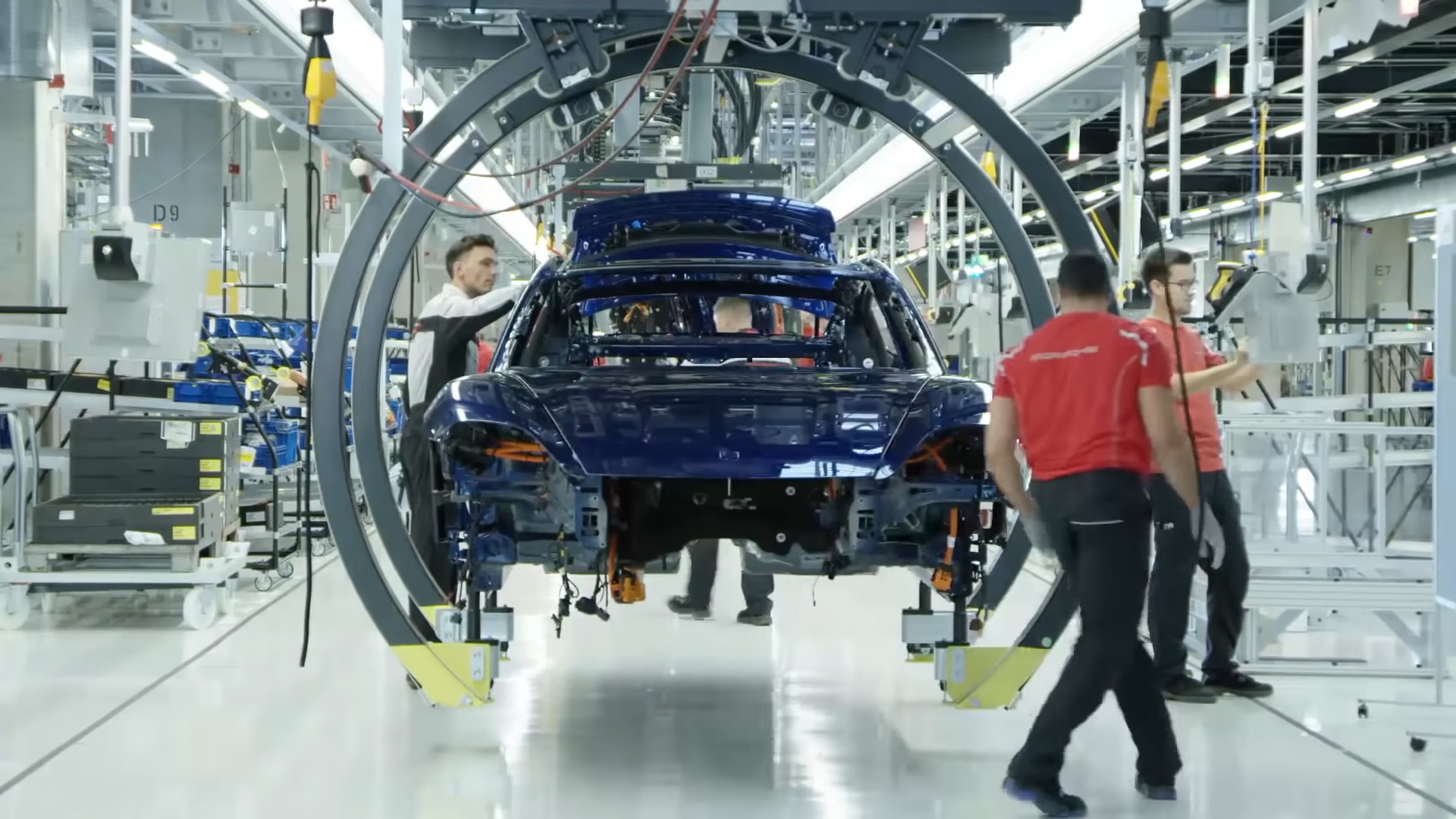

Many developed nations have their foundations built upon the craftsmanship of a certain product the rest of the world covets. Japan has electronics, Sweden design, and Germany cars. Automobile manufacturing has long been a part of the German economy and today it helps solidify the consumer viewpoint of a premium vehicle being Made in Germany.
And as it turns out, consumers are willing to pay that premium—whether it be due to an inflated price point or laden with import tariffs—because of the brand’s image of being built with German quality. It’s the same way that Americans want a classic American muscle car built in Detroit with American steel. For that reason, Porsche has turned its nose at the idea of building a factory in China.

China is Porsche’s largest profit center. The country is responsible for the majority of the automaker’s sales and proves to be an important part of its business, though that may be due to the buyer’s perception of the brand as a leader in German-produced sports cars.
“It is a quality and a premium argument still to produce from Europe for China,” said Porsche CEO Oliver Blume in a statement to the Financial Times. “Today it doesn’t make any sense [to move production].”
The majority of Porsche’s vehicles have been built in Zuffenhausen, Germany for nearly a century, including the all-new electric Porsche Taycan. The Panamera and Macan are made in German as well, however, are produced 400 miles north in Leipzig, Germany. The latest Cayenne is the exception, as it’s produced at the Volkswagen plant in Slovakia.
It’s interesting to see Porsche steer away from the exact same move that many of its competitors are embracing instead. Audi, BMW, and Mercedes have all built plants using joint-ventures in China, while Tesla made history as the first wholly foreign-owned auto manufacturer to set up shop in the country. Perhaps this is its niche argument for building its own cars in Germany rather than outsourcing to a local venture to manufacture its vehicles. When you buy a Porsche, you buy a truly German-built car.

But that’s just how things are playing out today, and never say never, because things might change.
“In 10 years, I don’t know,” said Blume. “It depends a lot on how volume develops and also the regulations in each country.”
Recent rumors suggest that Porsche may open a plant in Malaysia, though that would directly conflict with the statements made by Porsche’s CEO.
Got a tip? Send us a note: tips@thedrive.com